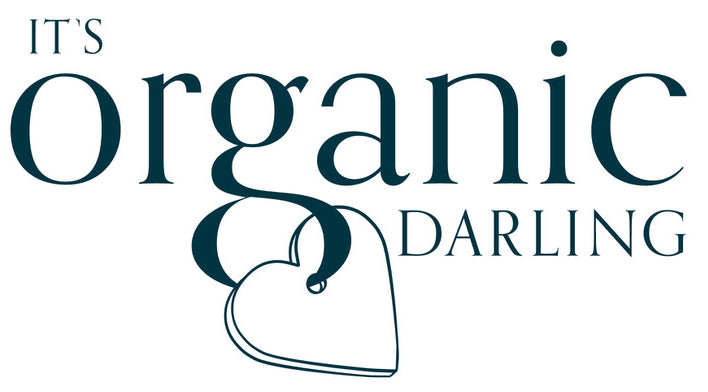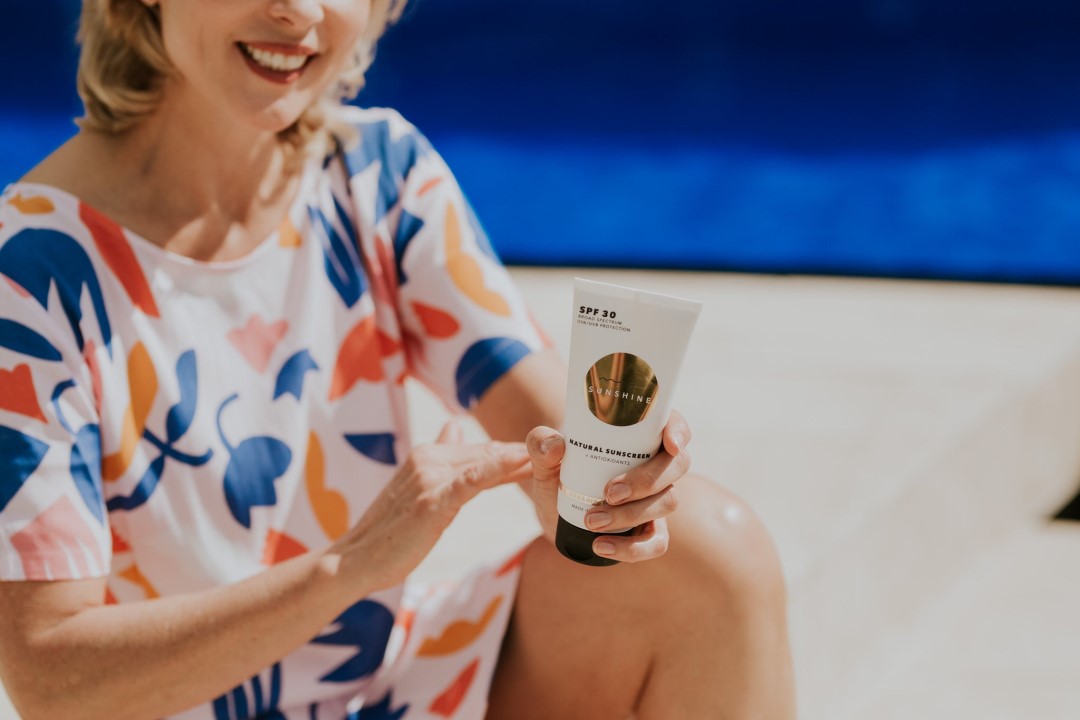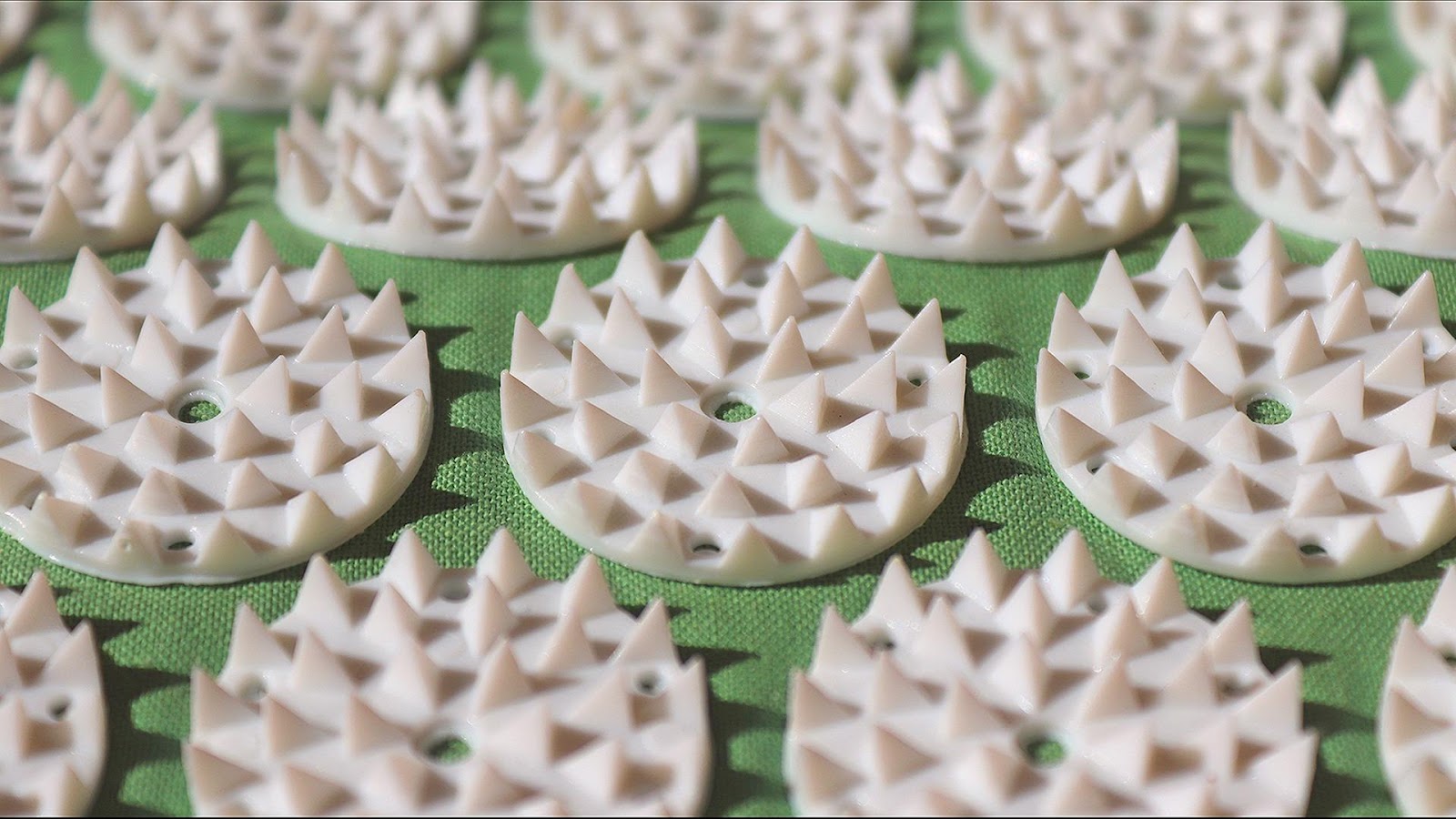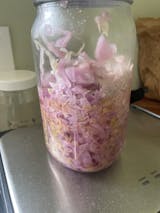Here in New Zealand, sunscreen is a summer essential. But protecting yourself from sunburn and damaging UV rays doesn’t mean you have to slather on the chemicals.
Let’s talk organic sunscreen. How do we know if organic sunscreen is safe and effective? And which is the best organic sunscreen to choose?
At It’s Organic Darling, we know when you want the best you choose organic.
Why using sunscreen is a good idea in New Zealand!
New Zealand has the best summers (we think!) - parks, sea, beaches, mountains, lakes. Whatever your outdoor pleasure, New Zealand has it all.
But we also have very strong, burning sun and with this comes a high risk of sunburn.
Sunburn is a risk factor for skin cancer and skin damage. Using sunscreen is one thing we can do to protect our skin from damaging UV rays. With 500 Kiwis losing their battle with skin cancer every year, we make sure organic sunscreen is packed and ready to go whenever we go out!
Why choose organic sunscreen?
Choosing regular sunscreen means you’re adding to the load of synthetic chemicals you’re exposed to every day. And, while some of the chemical ingredients haven’t been proven to be harmful, concerns have been raised about possible effects on our health. You can read more about some of the ingredients of concern here.Another reason to choose organic sunscreen is to limit the amount of chemicals that enter our environment. Ingredients commonly found in sunscreen have been linked to coral bleaching and damage to marine life. Not swimming? Well, the sunscreen on your body comes off when you shower, and that ends up in the sea.
Is organic sunscreen effective and safe?
Even organic sunscreen can contain natural ingredients that may affect the environment. Two common ingredients in organic sunscreen that can still affect the environment are titanium dioxide and zinc oxide. You can check out more information about sunscreen and marine life here.While we don’t want to increase our chemical exposure or harm the environment, we also don’t want to damage our skin. So, we try and find the best of both worlds - to protect our skin and reduce our environmental impact.
Most organic sunscreen products have zinc oxide as their main sun protection ingredient. Zinc oxide is a naturally occurring mineral that acts as a barrier and reflects the UV rays away from our skin.
You might remember zinc oxide as the thick white sunblock that we used to see on the faces of cricket players in summer! The good news is that technology has improved, and nowadays zinc oxide sunscreen is much easier to apply and doesn’t leave a thick white layer over you!
Other organic ingredients such as organic coconut oil and some seed oils also have a certain amount of natural ability to block UV rays, but not enough on their own without zinc oxide.
How to choose the best organic sunscreen this summer
Here’s our checklist for choosing the best organic sunscreen to protect your skin this summer!- Contains zinc oxide as a natural sun protection barrier against UVA and UVB rays instead of other chemical alternatives
- Limits synthetic chemicals
- Choose SPF (sun protection factor) 30 or higher for protection over a decent period of time (and don’t forget to reapply after swimming or sweating!)
- Stay in the shade between 10 am and 4 pm in summer
- Use UV protection sun wear and swimwear
- Check out the information on Sunsmart






